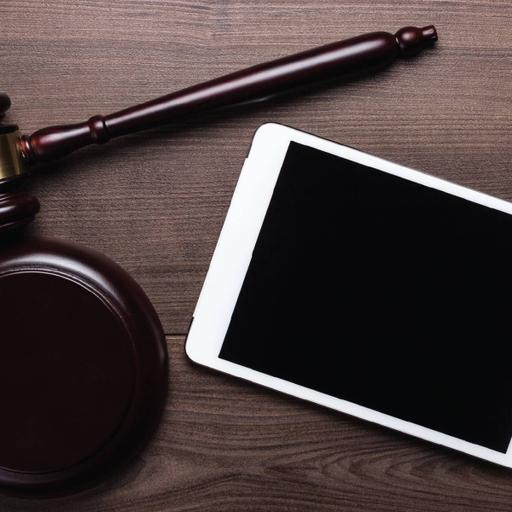Media Law
The legal regulation of the telecommunications industry, information technology, broadcasting, advertising, the entertainment business, censorship, and the internet and online services, among other things, is covered by media law. The field of media law has grown in importance as the popularity of various media has grown. Print and live performances would have been the only forms of media just over a century ago. Today's media includes radio, television, cinema, video games, mobile devices, and the Internet, in addition to the printed word and live actors. Intellectual Property Rights (IP) Intellectual property is one of the most concerning aspects of media law. Copyright concerns for original works, trademarks for various businesses, and even patents for media-related technologies or processes are examples of this. In recent years, as methods of unlawfully disseminating intellectual works have become more common, licencing has become a major source of worry. Electronic file sharing, whether through peer-to-peer technologies or torrents, has been viewed as a hugely useful way of spreading the news about a new creative work or as a vehicle for huge income losses for the TV, movie, and music industries.

